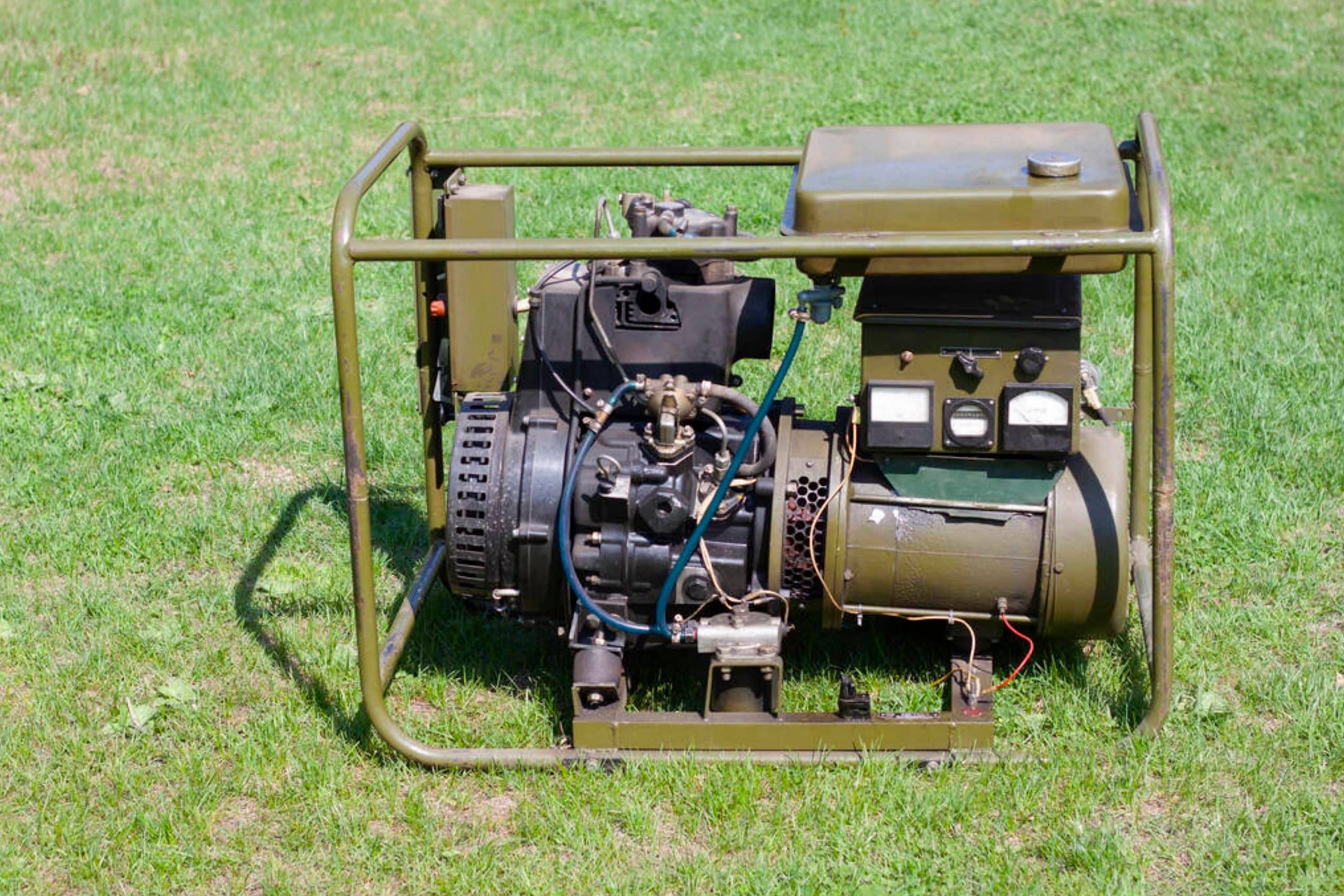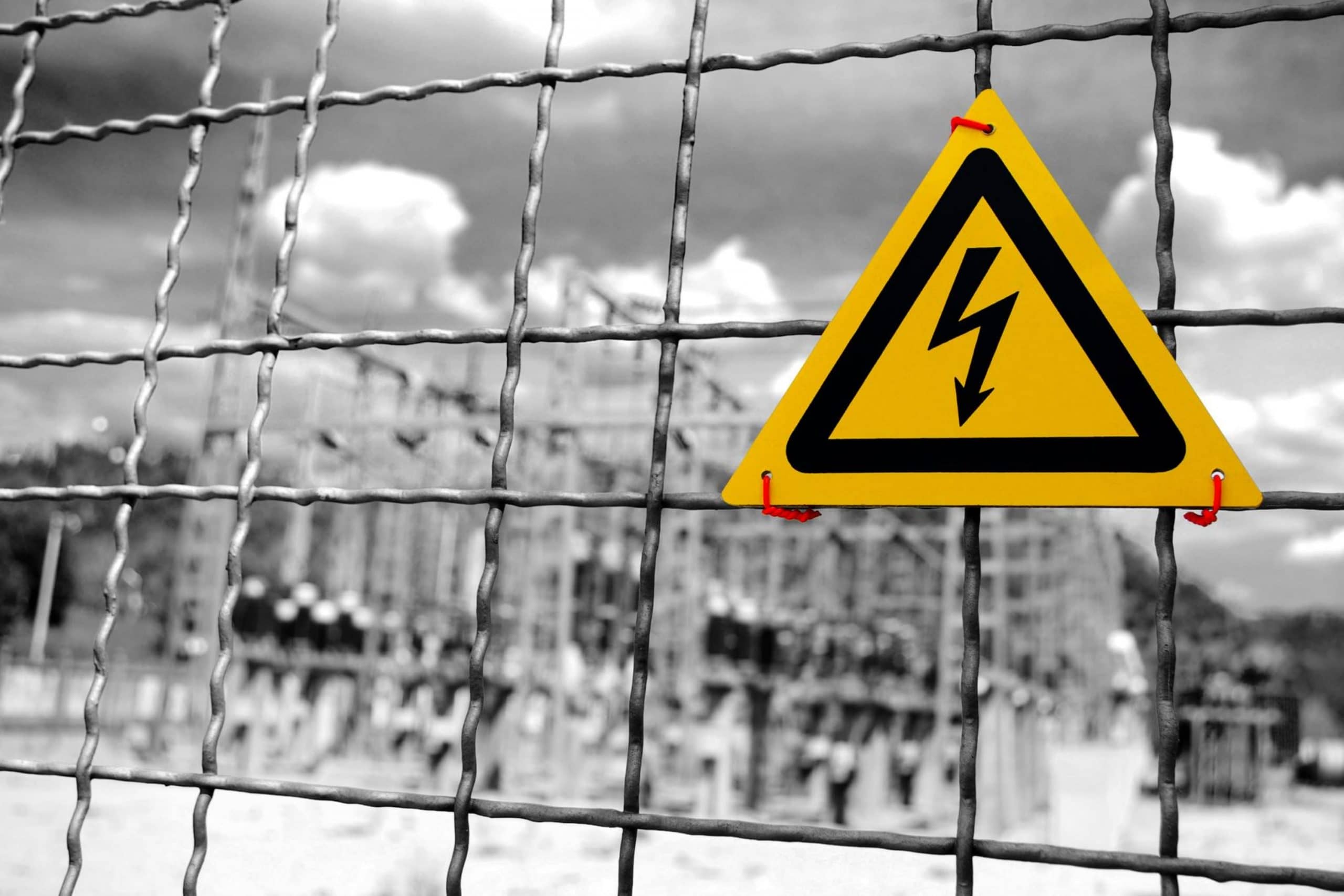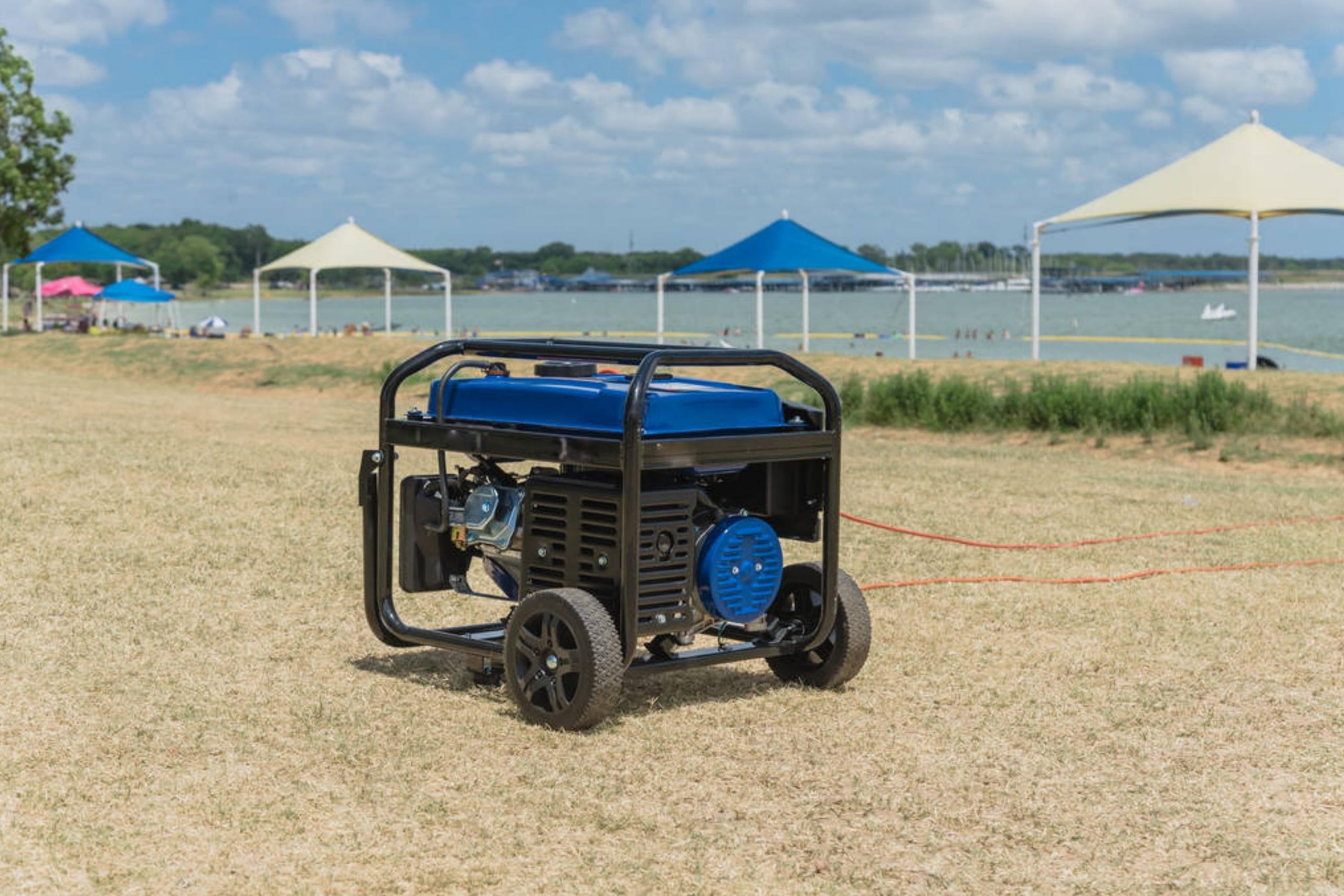A generator is a true blessing, especially if you are traveling in a camper or if your home is prone to frequent electricity circuits.
However, since a generator is an electrical appliance, people often wonder whether or not they have to ground their generators.
In this article, you will find the answer to the question “does the generator need to be grounded?”. Also, we will tell you how to ground a generator if it is portable, and in addition, you will learn a few more useful nuances regarding this subject.
Does a Generator Need to Be Grounded?
Let’s start with the answer to the question stated above. Yes, in the majority of cases, you need to ground your generator in order to improve your camper’s safety.
In addition, grounding a generator can help you mitigate the risk of electrocution and damage to the connected appliances.
Why did we say “in the majority of cases”? See, some generators are already pre-grounded to the metal frame.
Others might need to be grounded with a generator grounding rod buried in the soil. This is why, before you start any generator-grounding works, always check out the manufacturer’s recommendations and follow them precisely if needed.
If you do everything right, your camping generator can become a true blessing while traveling in the wild!
This appliance is able to power all your electronics, light up your campsite or RV, and help you cook delicious meals if you are not carrying a propane stove.
However, since it is an electric powerhouse, it is important to properly set it up to safely use it. And as you could already guess, properly grounding the generator is one of these safety aspects.
Now that you know whether or not your generator has to be grounded, we suggest you read on and learn a few more facts about it that you might find interesting and handy.

Why Grounding Your Generator Is Required?
This is quite a frequent question, especially from those who travel in their RVs or campers often enough. Why is it mandatory to ground a generator if we are not in the house?
Grounding any electrical equipment provides a path of least resistance to the short-circuited current to dissipate into the ground.
This alternate path prevents the fault current to pass through humans and electrocuting them or damaging any expensive equipment in its path. And it does not matter whether you are in a house or another building, or you are in a camper/RV.
Electricity works the same way everywhere.
So just in order to be sure you are safe during the trip, you should double-check that your portable generator is properly grounded!
Do All Generators Need to Be Grounded?
Although all generators need to be grounded for being able to operate safely, some generators can be grounded by connecting the ground terminal of the receptacles and other non-current-carrying parts (for example, a fuel tank, an engine block, etc.) to the frame of the generator.
Even if your generator is resting on rubber pads (usually used to quiet a generator), the frame will still act as ground.
Other types of generators will need a dedicated ground rod connected to a terminal provided somewhere on the body. It varies from model to model and is also influenced by your local electrical safety code.
Well, now you finally know the answer to the question “do I need to ground my generator” and in addition, you have found out why it is mandatory to ground it.
This information will help you remember to ground your appliance each time you are on a trip (that’s in case we are talking about a portable generator), and also, you will surely never skip or forget grounding your generator if it is used in your home.

How to Ground a Generator On a Trailer?
If you have a trailer and you enjoy long trips, you know how essential it is to have a source of energy with you during the entire journey!
This is why we usually carry generators with us. However, those who are not very experienced and knowledgeable in using portable generators often wonder how to ground the appliance correctly.
Well, a piece of good news for you is that grounding your camping generator is not difficult or too technical!
You don’t need an electrician or handyman to do it which means that it can be done by yourself while you are out there in the wilderness. All you need to ground a generator are a few items that can be found quite easily in any hardware shop.
To ground your portable generator on a trailer, you need the following tools and items:
- 4 feet long copper or copper-coated steel rod
- NEC compliant solid copper wire
- Mallet or hammer
- Adjustable wrench
As you can see, there are not so many tools needed. Once you get everything that’s on this list, you can proceed to the grounding procedure.
Below, we have provided a detailed description of it so that you know exactly what and how to do to not mess up.
- Find a soft ground spot where the grounding rod will be buried
- Make sure the ground is not completely dry or sandy! Both may result in poor conductivity
- Slightly damp soil would be the perfect spot
- With the help of a mallet or sludge hammer, pound the grounding rod into the soil up to 3 feet minimum
- Using the camp, connect your solid copper wire to the ground rod
- Hand tighten the nut with the wrench
- Connect the second end of the wire to your generator’s grounding terminal (you can find it on the back control panel where most camping generators have it. It is marked with a ground symbol)
- Check all the connections and make sure both end connections are secure and tight!
Again, as you can see, the process of grounding a generator is basically very simple and easy to do.
However, if you have never done it before (for instance, if this is going to be your first trip in a trailer), just make sure you follow all the steps described above precisely!
Like this, you will avoid any mistakes and assure that the generator is safe and can be used.
Safe Work Practices When Grounding a Generator
Since any generator (both portable and not) still remains an electrical appliance, you need to be very careful and cautious when working with it.
According to OSHA official data, there are several regulations and rules that every owner of a generator must follow when going to ground the appliance.
It will help you avoid any issues with the generator, as well as damage that might be caused to you. Remember that proper grounding and bonding are a means to prevent shocks and electrocutions!
- Maintain and operate portable generators in accordance with the manufacturer’s use and safety instructions
- Always plug electrical appliances and tools directly into the generator, using the appliance manufacturer’s supplied cords
- Use heavy-duty extension cords that contain a grounding conductor (3-wire flexible cord and 3-pronged cord connectors)
- Use ground-fault circuit interrupters (GFCIs) as per the manufacturer’s instructions
- Visually inspect the equipment before use!
- Remove defective equipment from service! Mark or tag it as unsafe for use

What Happens If You Don’t Ground a Generator?
This question is asked pretty often. Of course, people understand that using a generator that is not grounded might cause havoc and become a cause of serious problems. However, everyone still wants to know what might be the aftermath should you not ground it.
Well, as you all know, grounding your generator is a safety precaution. If a short circuit happens on an ungrounded generator, it can lead to several things:
- It can result in electrocution if someone touches the short appliance
- It can damage your expensive electric equipment
- It may cause damage and burn out your wirings
- It can result in a fire inside your camp or trailer/RV
This is why grounding your generator is mandatory. Besides, if you are going to use any heavy equipment like an electric kettle or heater, it is generally a good idea to ground your generator as well.

Portable Generator Maintenance Tips
When you are using a portable generator, you are doing it only while you are traveling in your camper or RV.
Once you are back home, the appliance goes to storage. And this is another important moment that most of us tend to overlook: how to store a portable generator correctly?
Some of you might assume that you just need to find a safe place for it in your home where kids will not reach it, and where the generator will be protected from any damage (for example, from falling, etc). But is it all? Is it enough for keeping it safe?
You can easily check out whether or not you know how to store your portable generator correctly.
Below, there are a few storage rules that must be followed. Read them carefully and say whether you stick to these recommendations.
Keep Your Portable Generator Clean And Covered When Not In Use
When your portable generator is sitting in a storage room or in a garage for days or weeks, it can get pretty dirty. And if you forget to clean and wipe it, be sure that one day you will find a thick layer of build-ups of dust, debris, or even mold/moss!
These contaminants, once accumulated, can seep into vital components of the appliance, possibly making it harder to function. To avoid such a scenario, you will need to keep your portable generator cleaned in order to protect it.
Remember that a portable generator has to be cleaned once a month even if you use it more frequently (for example, at home)! Dust and debris will not wait until you set up your next summer RV trip!
Also, remember about keeping it covered. This is the best way to protect your portable generator from getting dirty.
You can purchase a special generator cover at your local department store to shield your appliance.
By the way, these covers often come with additional capabilities such as water resistance or weatherproofing. In addition, they also act as insulation, so take them off before running your generator to avoid overheating!
Empty Your Portable Generator’s Tank After Use
After you have used your portable generator, you will need to empty its tank into a gas container.
Although we recommend you have enough fuel for your generator, you shouldn’t have it stored idly in the fuel tank. Otherwise, it can lead to gum deposits. And gum deposits can obstruct its performance. Therefore, it is recommended to store your portable generator’s fuel in a separate container after every use.

Purchase and Keep Backup Fuel and Filters
Speaking of fuel, when using a portable generator, you will want to ensure you have enough on standby. We all know that power outages may last anywhere from a few hours to several days!
So it is important you have enough fuel to keep your generator working. Be sure to have backup oil and oil filters as well in case they require a replacement.
Monitor Your Portable Generator’s Wattage Capacity
When using your generator, you need to be sure it can cope with the voltage you plan on using.
Not all portable generators are the same, so you will need to check your portable generator’s labeling or manual to determine its wattage rating. There is usually two of these ratings listed: starting and running.
The starting or maximum rating is how much wattage a generator puts out in very short periods of time. Instead, you need to focus on the running rating.
Now you know whether your portable generator needs to be grounded and how this should be done safe and correctly.
We explained why it is important to ground generators and what could happen should you forget about doing it. In addition, you have learned a few useful stirage tips that will help you maintain your portable generator correctly and ensue it will serve you longer.
[wp-faq-schema title=”Frequently Asked Questions”]
